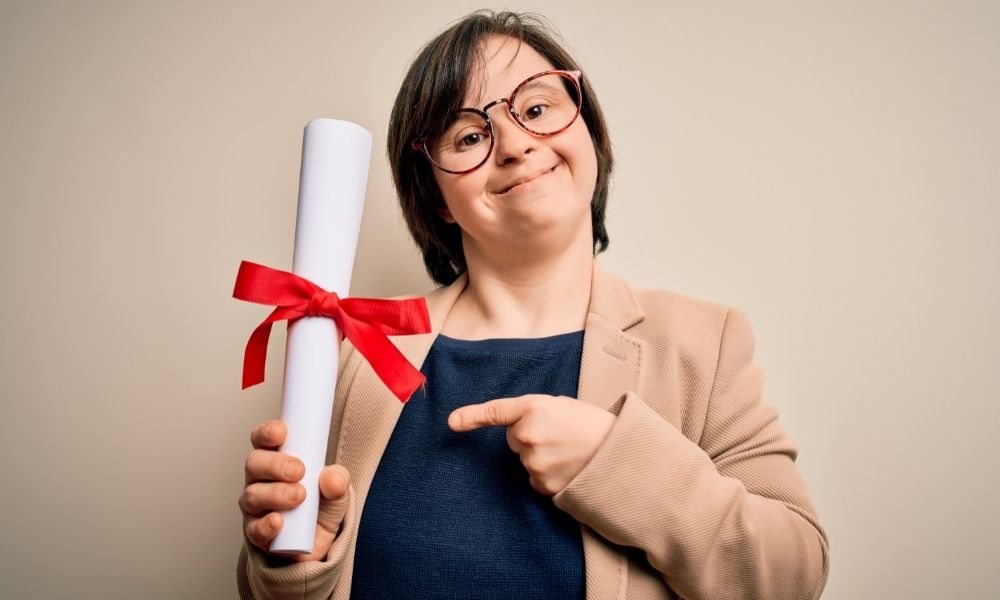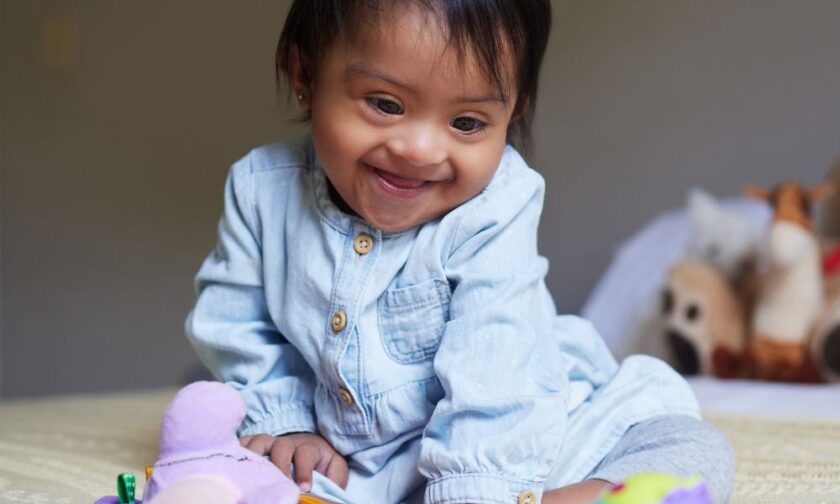The day your child leaves home is a scary moment for any parent. How are they going to fare in the world? Do they have the tools to succeed? For parents of children living with a learning disability, this can be even harder, which is why under the IDEA Act, every student must build an Individualized Education Program by the time they are 16 (or 14 for Wisconsinites). That way, they begin setting goals to work towards after graduation. So, if you are unfamiliar with what to do post-high school for students with disabilities, explore this blog to understand your child’s options.
Four Year College
There are a few options available at college for students with learning disabilities. The first option is to enroll as a student with some learning accommodations that the young adult needs. While their curriculum will vary from their fellow students’ curriculum, they will still obtain a bachelor’s degree at the end of their studies. This path is a viable option for those who are high functioning and won’t require living or learning assistance outside of some basic help with their studies.
For students who need more focused help, over 250 colleges and universities now offer specialized programs to help build life and job skills for those with a learning disability. These programs will vary in the accommodations and classes, but they can offer a more traditional college experience for students who couldn’t have one otherwise. However, most of them aren’t four years long. Also, many of these programs won’t require a traditional high school diploma to broaden their outreach.
Two Year College (Community College)
Some community colleges or vocational schools will have specialized programs for students with a learning disability. However, even if they don’t, a community college will offer them a chance to dip their toes in postsecondary education slowly. They can live at home and take one or two credits at a time as they learn to adjust to post-high school life. Then, they can transfer to another school or commit to finishing their associate degree when they are ready.
Life Skills Program
If your child isn’t ready for independent living, they can attend a life skills program to build the tools for self-sufficiency. These programs will teach them how to cook, clean, and care for their personal health, among many other things. Some programs will have partially assisted living accommodations to ease into independent living while still having the necessary support.
Employment Programs
There are also employment programs funded by the US Department of Labor’s Office of Disability Employment Policy (ODEP) to assist them in finding gainful employment. Helping them find employment is another way to help adults with I/DD transition into the community. The programs will vary by state and city, so you should reference their website to find programs in your area.
The options for what to do post-high school for students with disabilities are limitless. You just have to find what programs and schools work for you and your child.






